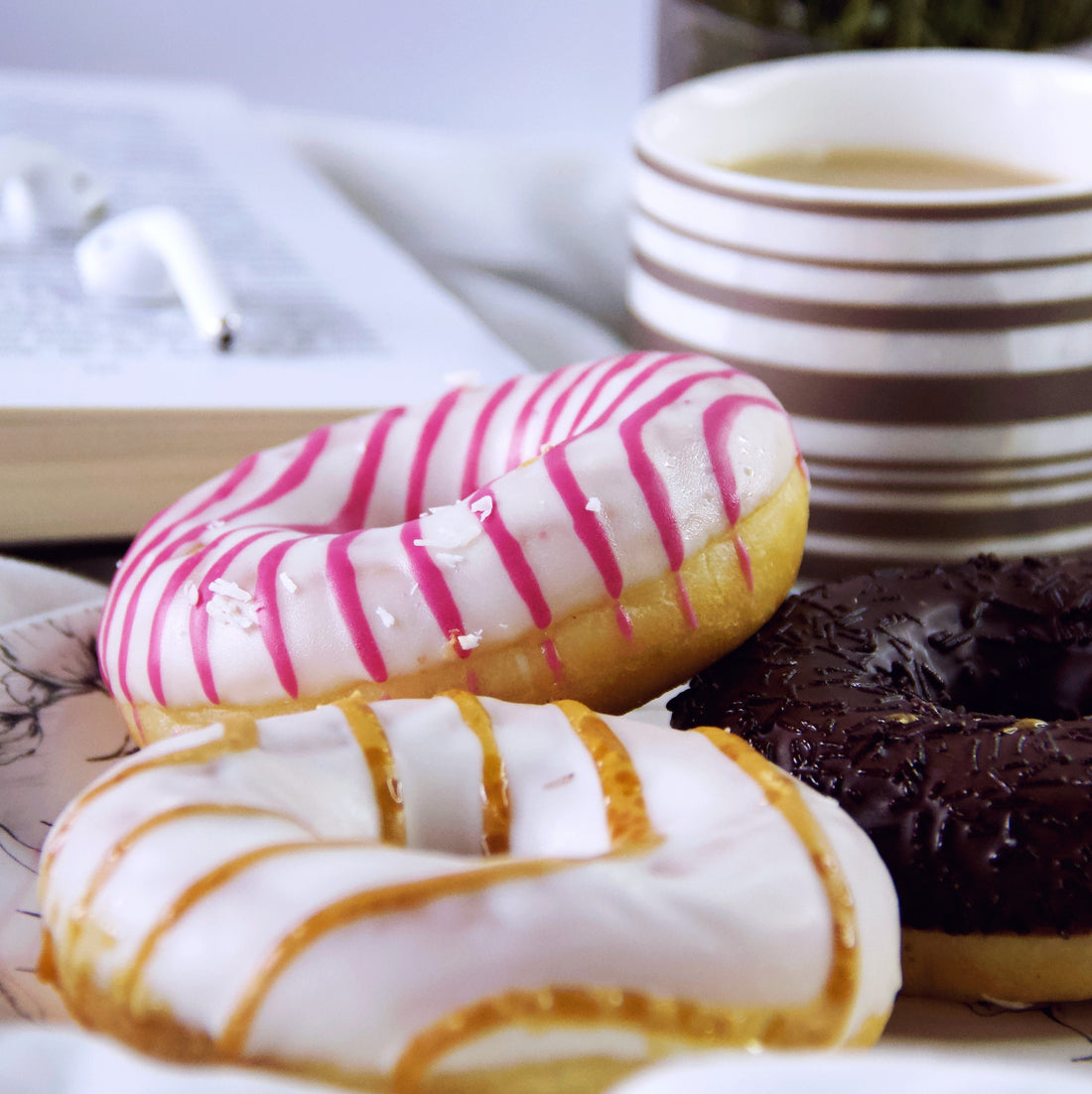Junk food emerges as suppliers sense opportunity, responding to a demand. But there lies a deeper inquiry. Why does the longing for intoxicating sustenance and substances persist? It becomes clear that in times of discomfort and anxiety, people seek solace in something they believe will uplift or delight them. Remarkably, these substances do provide temporary relief, for if they did not, society as a whole would not universally seek them.
Consider this: when we step outside burdened by anxiety, we possess the option to visit a store, engage in transactions, and consume something that alters our chemistry. We crunch on these offerings, and for a fleeting moment, our taste buds revel in pleasure. But perhaps, in those very moments, all we truly required was a deep breath. We needed to allow ourselves the gift of inhaling deeply, flooding our beings with vital oxygen, the most essential nutrient. However, the subtlety of its positive effects often elude us. The simplicity of deep breathing fails to assuage our anxious and distracted minds.
To place our sole reliance on the breath for the relief we seek is a path towards higher enlightenment. It represents the pinnacle of consciousness—realizing that through calming the mind, we gain control over our reactions, our behavioral patterns, and we steer ourselves towards wiser choices, skillfully navigating cause and effect.
Psychoanalysis serves its purpose, for it allows us to delve into our emotions, triggers, and sensations. Yet, it is crucial to remember that analysis alone is not sufficient. At some point, we must feel these emotions, these triggers, and release them. We must take action. Numerous actions beckon us to improve our lives, and one of them involves fulfilling the duties and obligations we have chosen for ourselves. Strive to do better—be it in our work, as a parent, a neighbor, a student, a teacher, or as a listener and speaker of better words.
